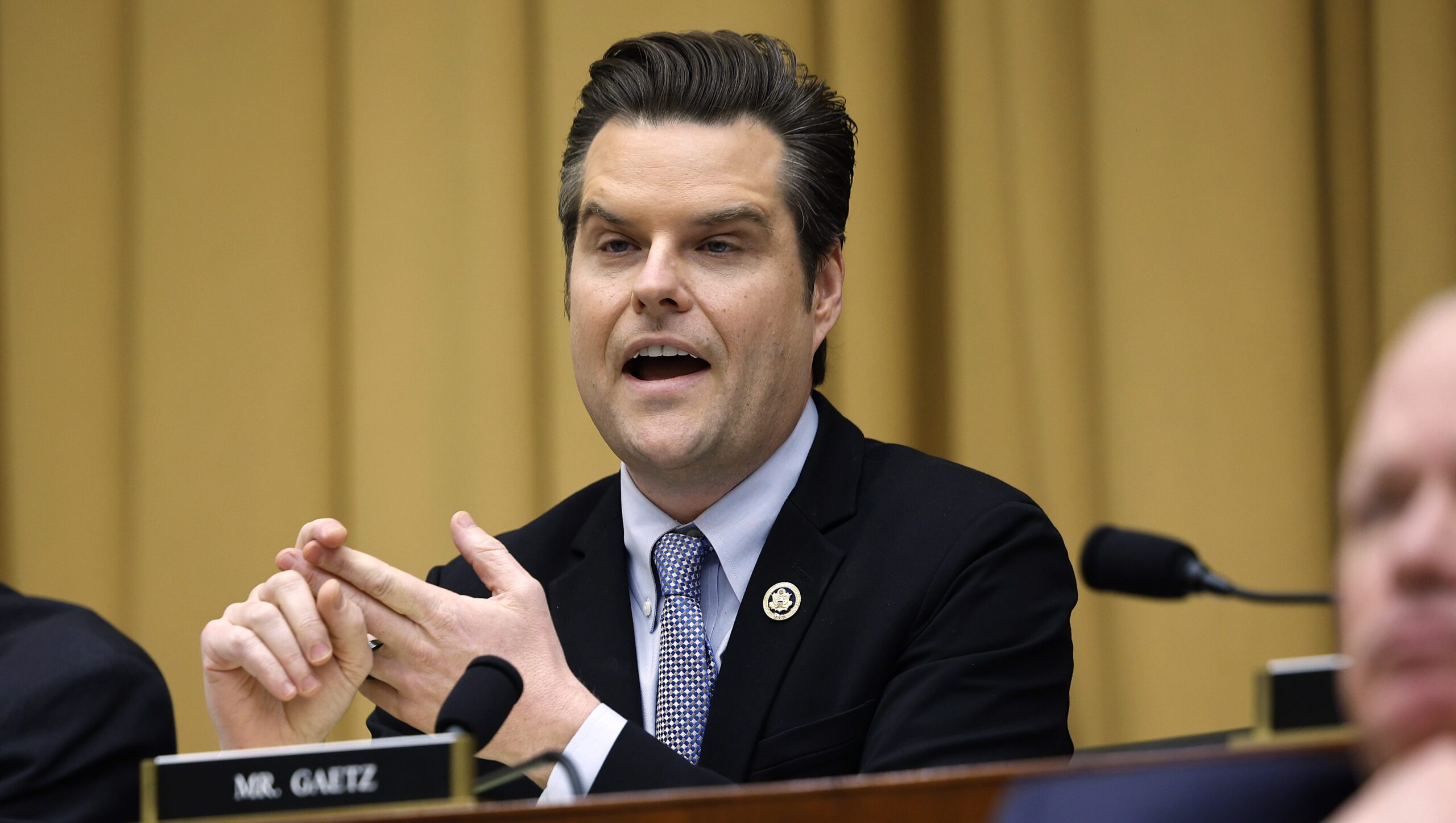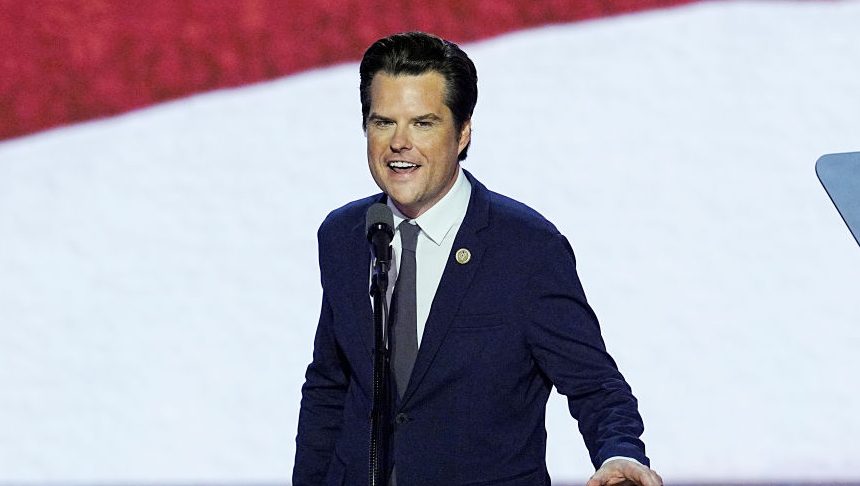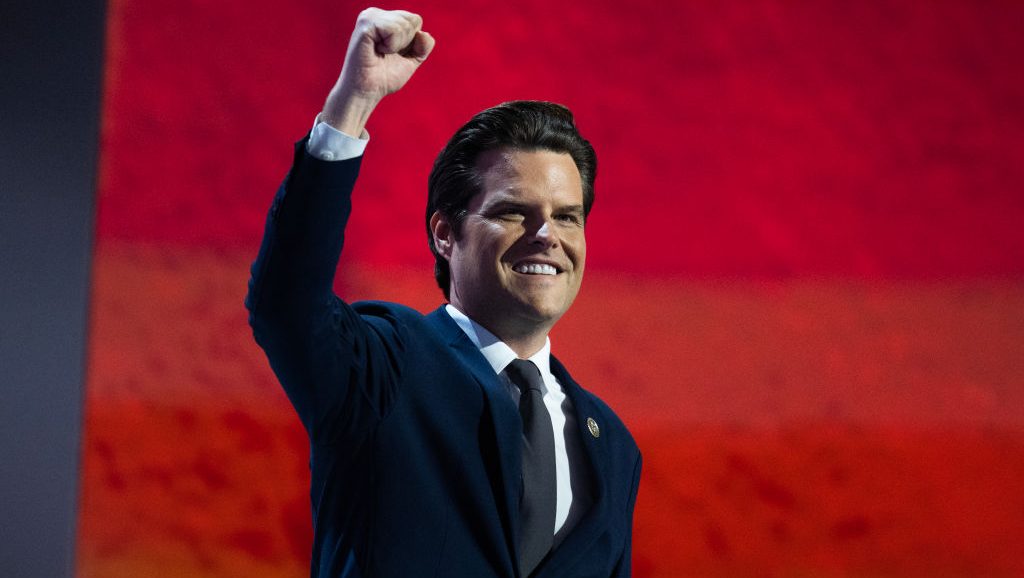Like lots of people, I first noticed Billy Preston in “Let It Be,” the place his luscious electric-keyboard noodlings offered the candy middle to songs like “Don’t Let Me Down” and “Get Again.” But it surely wasn’t till “The Live performance for Bangla Desh,” George Harrison’s trend-setting rock-concert film from 1972, that I registered who Billy Preston actually was. For many of that Madison Sq. Backyard profit live performance, Preston was within the background, tickling these plugged-in ivories. However then, launched by Harrison, he carried out the one he’d recorded in 1969 for Apple Data, “That’s the Approach God Deliberate It.” It stood out from the remainder of the present as dramatically — and magnificently — as Sly Stone’s efficiency of “I Need to Take You Greater” did from Woodstock.
The sound of a holy organ rang out, and the digicam zoomed in on a stylish-looking man in an enormous wool cap and a Billy Dee Williams mustache, with a good-looking gap-toothed grin and a gleam of reverence. He started to sing (“Why can’t we be humble, like the great lord mentioned…”), and it appeared like a hymn, which is simply what it was: a rock ‘n’ roll hymn. The lyrics lifted you up, and Preston caressed every cadence as if he had been main a gospel choir. In 1971, what number of pop songs might you identify that had “God” within the title? (There was “God Solely Is aware of” and…that’s about it.)
But as he launched into the refrain, with its delicate descending chords, its bass line following in tandem, at the very least till the climax, when that bass started to stroll round prefer it had a thoughts of its personal, you can really feel the track begin to…ascend. Preston, rocking forwards and backwards, tilting his head with rapture, the notes pouring out of him like sun-dappled honey, was the one Black performer on that stage, and he was providing what amounted, within the rock world, to a radical message: that God was right here. Because the track picked up velocity within the gospel custom, Preston, moved by the spirit he was conjuring, obtained up from his keyboard and started to bounce, jangling his arms, his legs nearly levitating. It was an ecstatic dance, one which appeared to erupt proper out of him, as if he couldn’t cease himself.
Paris Barclay’s eye-opening documentary “Billy Preston: That’s the Approach God Deliberate It” opens with that sequence, and it’s cathartic to see it once more. “The Live performance for Bangla Desh” had three highlights: Bob Dylan’s extraordinary set; the best way that George Harrison, in what felt like one of many coolest issues I’d ever seen after I was 13, took his exit from the stage proper within the center of the ultimate rave-up of the track “Bangla Desh”; and Billy Preston’s efficiency. You watched it and thought, “Who is that this man?” And in addition, “I need to see extra.”
However because the documentary reveals, Billy Preston was an elusive determine — ebullient and all there, and likewise hidden and mysterious. His profession was like that too. He was a genius session musician who labored with Little Richard, Ray Charles, Aretha Franklin, Sly Stone, the Rolling Stones, and, after all, the Beatles. In the course of the “Get Again” periods, he was successfully added to the Beatles, which was extraordinary. (In a scrapbook montage close to the start of the movie, we see {a magazine} headline that reads, “The Fifth Beatle Is a Brother.”)
Because the ’70s went on, Preston put out a handful of pop-funk singles that individuals nonetheless bear in mind fondly, like “Will It Go Spherical in Circles” and “Nothing from Nothing,” which he carried out on the very first episode of “Saturday Night time Stay,” beaming beneath an Afro wig as large as his head. But given his presents (keyboard virtuoso, highly effective soul voice, stellar dancer, in a position to craft a propulsive hook), why didn’t Billy Preston grow to be an even bigger star? Who was he, precisely, as an artist? I went into the documentary fuzzy about all these issues and got here out feeling like I lastly knew him.
That features figuring out the facet of him that dragged him down. Preston, as most of these round him in the end found out, was homosexual, however he was supremely secretive and conflicted about it. Was he tormented internally, the best way that Little Richard, who Preston carried out on tour with within the early ‘60s, appeared to be? Little Richard was probably the most flamboyant closeted determine in rock historical past…till he deserted music for the church…then returned to the pop sphere and got here out of the closet…then went again in and denounced homosexuality…and on and on. That’s conflicted.
Preston was a mellower character, and it’s onerous to say if the relationships he saved hidden — he would present up on a non-public airplane saying that he was touring together with his “nephew” — prompted him inside stress. However he was raised, by his single mom, within the church, and he remained a church-bound determine who didn’t have it in him to declare publicly who he was. Billy Porter, interviewed within the movie, discusses the historical past of this (“It ain’t simply the choir director, honey. There’s loads of queens in everyone’s church”), and the way it simply wasn’t talked about.
Preston had a musical hyperlink to the Black church that was singular within the rock world and virtually primal: He performed the organ — particularly the Hammond B3, an advanced instrument with a number of ranges. (He was additionally a wizard on the Fender Rhodes.) There’s a fantastic ebook to be written, or documentary to be made, about using organ in pop music (“A Whiter Shade of Pale,” “Like a Rolling Stone,” “Inexperienced Onions,” “Let’s Go Loopy,” “In-A-Gadda-Da-Vida,” Boston’s “Foreplay,” Blondie’s “11:59,”), and Billy Preston was the unabashed king of that instrument. Born in 1946, he started taking part in it in church when he was a little bit boy, however he rapidly turned a crossover phenomenon. There’s an astonishing clip of him on “The Nat King Cole Present” in 1957, the place he performs a track he wrote referred to as “Billy’s Boogie,” and his jaunty confidence is one thing to behold.
However right here’s what’s wonderful. Beginning in 1963, Preston put out a sequence of three albums constructed round his organ taking part in. The third of them, “Wildest Organ in City!” (1966), was a collaboration between Preston and Sly Stone, who organized the songs however didn’t write them. One of many tracks, “Recommendation,” is the clear forerunner to “I Need to Take You Greater.” The inventor of funk was James Brown, and the shape’s two legendary inheritor-innovators had been Sly Stone and George Clinton. However the documentary makes the case that Billy Preston solid a heady chunk of the funk DNA. His affect is evident from his 1971 single “Outa-Area,” which turned the prototype for a sure clavinet-driven ’70s jam (the Commodores’ track “Machine Gun,” featured in “Boogie Nights,” is nearly a remake of it).
Preston achieved success and loved the fruits of it, like his horse ranch in Topanga Canyon. He was worshipped by individuals like Mick Jagger, who showcased Preston onstage — how many individuals get to bounce with Mick Jagger? — on the Stones’ 1975 tour. I believe it’s clear, although, that if he had run his profession another way, Preston might have been a extra common artist, maybe the chief of a band as large because the Commodores or Kool and the Gang.
However there’s a method that his affiliation with the mainstream rock world might have harm him. It blurred his id as a Black artist at a time when these classes had been being rigidly enforced by the tradition. (He was accused of being a sellout the best way that Whitney Houston was.) The opposite method Preston’s id remained blurry associated to a bent he needed to grasp again that was rooted within the concealing of his sexuality. Was he a sideman or a star? The one method you grow to be a star is to chase it forcefully sufficient, and there was a lingering a part of Preston that was extra comfy standing within the shadows.
Simply whenever you’re assume you’re watching an upbeat pop doc, the darkish facet of Billy Preston’s life comes crashing in. And is it ever darkish. Early on, the movie testifies that Billy “misplaced his innocence” through the 1962 tour with Little Richard, when he was simply 16 (it was throughout that tour that Preston frolicked with the Beatles on the Star-Membership in Hamburg). However in accordance with David Ritz, the eminent rock biographer who was a buddy of Preston’s, he would by no means say a phrase about his childhood experiences. Did one thing occur between him and Little Richard? The movie means that it may need.
And it doesn’t take a lot connecting of dots to surmise that no matter trauma Preston skilled as a church-bred teenager on the street with wicked rock ‘n’ rollers, it got here again to hang-out him in his self-destructive abuse of alcohol and cocaine. This chapter of the story barges in relatively abruptly, however as soon as it does Preston’s descent turns into tragic.
He couldn’t keep away from the cocaine — or, as soon as it hit the scene, crack. He obtained into mountains of debt, owing hundreds of thousands in taxes. His profession bottomed out within the late ’70s, when disco had developed Black music to a spot past Preston’s funk-based grooves. And he by no means had the stable home life that might have acted as a ballast. He turned the band chief for David Brenner’s short-lived discuss present, and there’s a cringe-inducing clip through which Howard Stern, a visitor on the present, comes over to Preston, smells liquor on his breath, and calls him out for it, recalling that this was the person who as soon as performed with the Beatles. Preston died, at 59, in 2006, after battling kidney illness exacerbated by his drug use. But he left behind a path of people that adored him. And whenever you behold his expertise, the mild radiance of his presence, the best way he might sweep you up, and perhaps towards the heavens, with considered one of his organ riffs, you’ll be able to say surely that the decline and fall of Billy Preston was not the best way God deliberate it.
The post That is the Approach God Deliberate It’ Overview: Eye-Opening appeared first on Allcelbrities.









